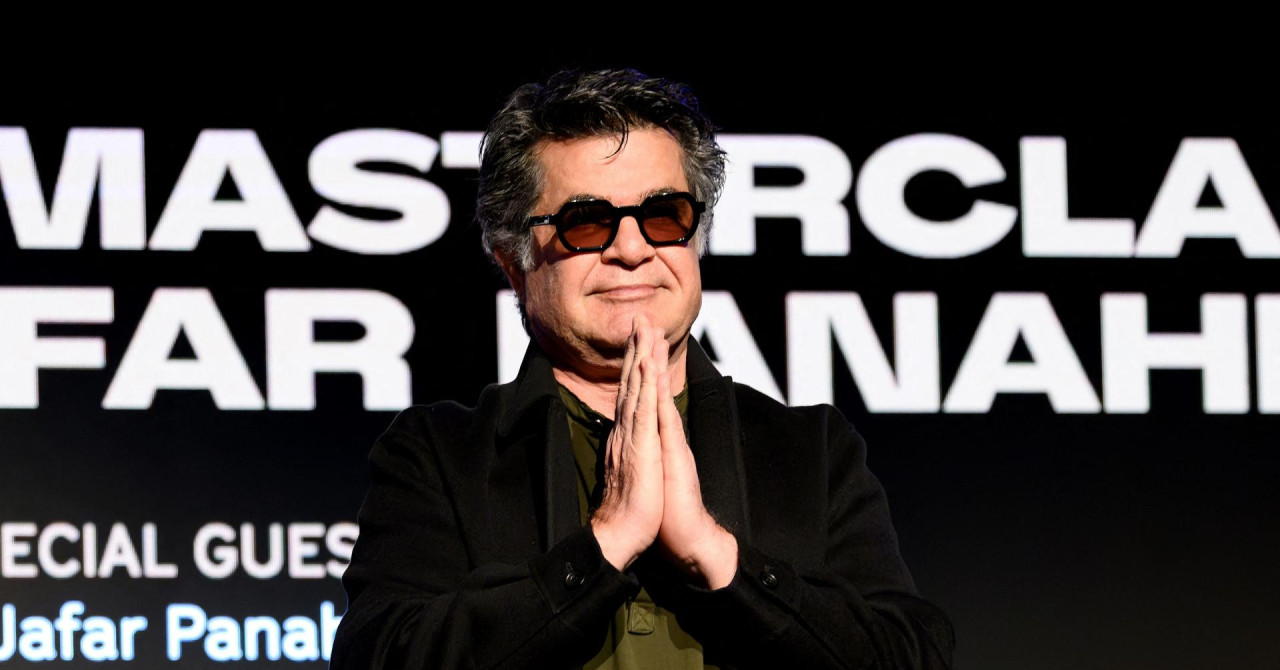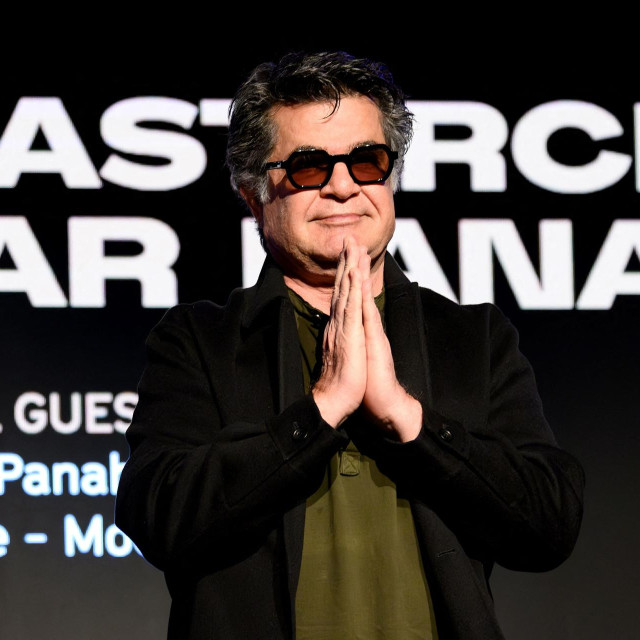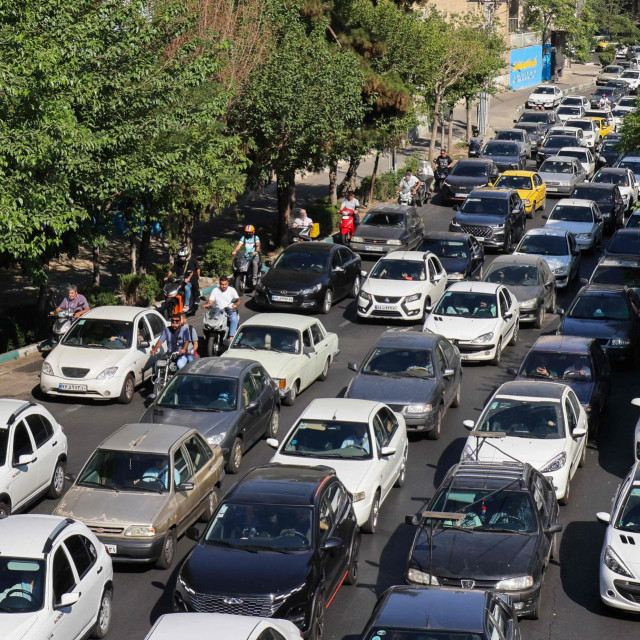Israeli Prime Minister Benjamin Netanyahu stated that he does not rule out the possibility of assassinating Iran’s Supreme Leader Ayatollah Ali Khamenei, claiming such a move would end the conflict rather than escalate it. Israel has already targeted Iranian nuclear scientists and military commanders in a series of attacks aimed at preventing Iran’s nuclear program. Israeli attacks have triggered Iranian rocket strikes on Israeli territory, leading to an escalation of the conflict. While Israel claims to defend itself against the Iranian nuclear threat, Iran denies seeking nuclear weapons and accuses Israel of aggression. International actors call for diplomatic solutions as the conflict raises concerns about potential regional escalation.
Political Perspectives:
Left: Left-leaning sources emphasize the human cost of the conflict, highlighting civilian casualties and the dangers of military escalation. They often call for diplomatic solutions and criticize aggressive military actions by Israel, framing the conflict within broader issues of regional instability and human rights.
Center: Center-leaning sources report the facts of the conflict, including statements from Israeli and Iranian officials, and the sequence of military actions. They present the conflict as a complex geopolitical issue involving nuclear proliferation concerns, regional security, and international diplomacy, often highlighting calls for de-escalation.
Right: Right-leaning sources focus on Israel’s right to self-defense against the Iranian nuclear threat, emphasizing the necessity of military actions to prevent Iran from acquiring nuclear weapons. They often portray Iran as a destabilizing force in the region and justify Israeli strikes as protective measures for global security.












